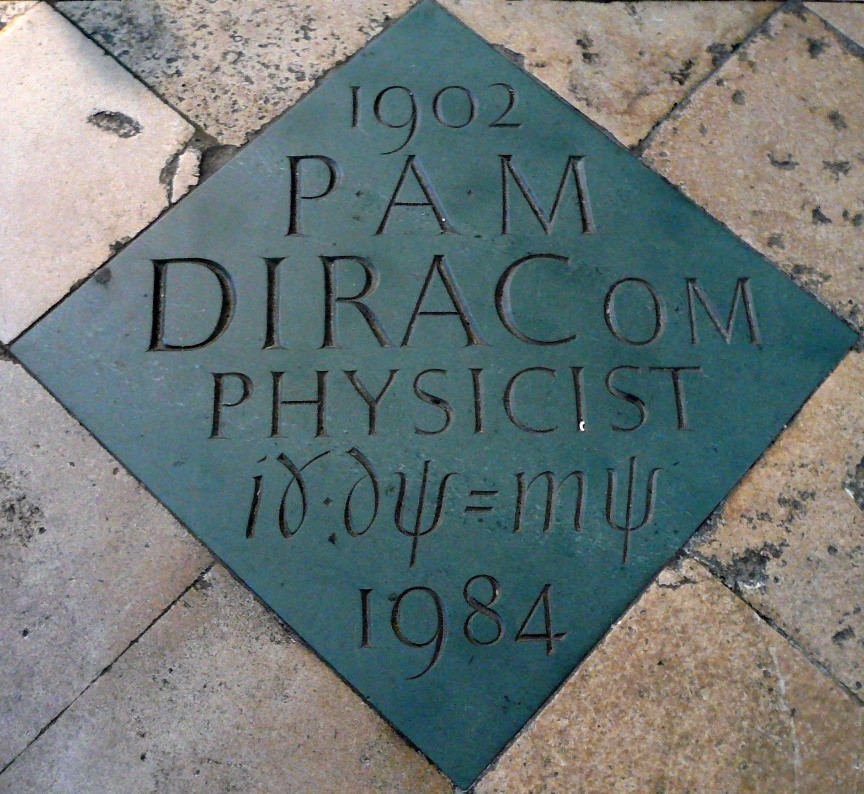Murder
Another year and I still hadn’t learnt about scraps composting through the garden. The pumpkin seeds had generated again, and another group of vines spread through the front. At first it was water conservation and I ignored them but, with finding the first Butternut, a new plan emerged. I began watering in earnest. The vines in gratitude spread and began taking over. Now I was a detective searching for flowers. The routine known, no more scraps in the garden, everything into the compost bin.
With each female flower found, the search for a male, and the greedy program begun again: IVF. The morning ritual: coffee and an obsessive search meant the counting of my babies. Five formed balls of green Jap and two ballooning Butternut. But wait. What! Teeth marks. Tiny scrapings of baby skin. Ah no, they were not going to get my prize.
I have a glory vine over the northern side of my veranda to shade the house in summer and I’ve trained the vine to reach from one side to the other. While celebrating my birthday and standing under the veranda with a group of friends, I was distracted by a rat running across. Shock and shame left me speechless, but preoccupied, I instantly forgot what I’d seen.
The Coronavirus hit. It was self-isolation and I was back in the garden attending to autumn’s need and so found more evidence of crime. With the last experience of rats I’d showered my garage and shed with Ratsak, and so was not overly worried, until a friend rang from London complaining about her garden.
Mayfair was shutting down shops and restaurants. The call to stay home and be safe meant no food in bins or rubbish lying around. With demolition of nearby buildings disturbing nests, a migration of rats into her property was wreaking havoc. Across the street from me the Cohen’s were also demolishing, and the northern side of Burnside Village had disappeared. Life had changed. Ah, now I understood. I’d set the poison but I hadn’t recognised the potential invasion from across the street. I needed to protect my garden and to be proactive as I too was facing a growing menace. This was war.
Mitre 10, rat-trap and Ratsak, Coles and cheap peanut butter, I had a plan. Balling a pellet of Ratsak into the peanut butter I carefully set the trap placing it near the growing Butternut, and waited. Next morning: pjs, dressing gown, rubber boots and curiosity, I was in the garden early. The peanut butter was gone but the trap not sprung. Oh well, whatever took the bait would not be coming back, I hoped.
Looking through the garden another pumpkin had been gnawed, small incisions in the skin. Now on the lookout, I surveyed the garden. The tops of the snow peas were eaten, luscious new pumpkin leaves were bitten through. Something was eating the tops and new growth. Now guilt began to take over. Perhaps it wasn’t rats but ring tail possums. Out on the street I’d find them dead, zapped by the electricity wires and one day, I found one drowned lying motionless in my pond, having fallen off the water tank.
Was it rats or possums? Hmm, I needed a better plan. More peanut butter and Ratsak in poisonous balls strategically placed around the garden in hard to access places. I hoped their position was only available to an animal capable of squeezing through small spaces. I wanted to eliminate the rat problem not the possums.
More and more peanut butter disappeared. Now I was concerned. I shouldn’t have looked up Google and possums. They like peanut butter as well. Oh no–more guilt to add to my Jewish–Catholic conditioning. Now I needed a different way to protect the pumpkins. God, I hoped I hadn’t decimated the possum population. And please God, whatever that noise was in the roof, please don’t make it a dying animal.
Climate Change
Change came quickly. The cold blew in and frost killed my pumpkin vines; they burnt and disintegrated.
My neighbours, newly arrived, put their house on the market and disappeared. Not before they had wreaked havoc over their property. Most of the trees protecting the house and garden from the traffic noise, pollution and heat of Portrush Road were cut down.
They spoke little English, and I was unable to fathom why the destruction. They had filled in the swimming pool as it appeared a leak had left them with little option, but the garden?
The peach tree that offered juicy orbs: gone, the persimmon with its beautiful orange fruit in autumn on a tree denuded of leaves: gone, the feijoa that dropped its fruit over the fence collected for the sweet sour taste: gone; the hatchet job nearly complete on what was a beautiful garden cared for by its previous owners. Only the grape vine and avocado tree left intact.
What remains is a block open to the western sun with no summer shade, no perfume from the native daphne, no place for birds and no harvest for bees. Trees that took years to grow cut down. I’m left to speculate about the reason for such a tragedy. Did they hate the work of raking leaves, pruning and gathering fruit? Or did they want the block to look larger so the new buyer could speculate over future development and a bigger profit?
Now Burnside Village, across the street, stands as a glaring advertisement to Capitalism as it spills its lights into the night, and semi-trailers and B-doubles roar through the neighbourhood. With no protective filter of leaves, the denuded garden has opened the street to light and sound and we’ve lost the privacy of the cul-de-sac.
I guess I’ll just have to plant trees on the verge.


